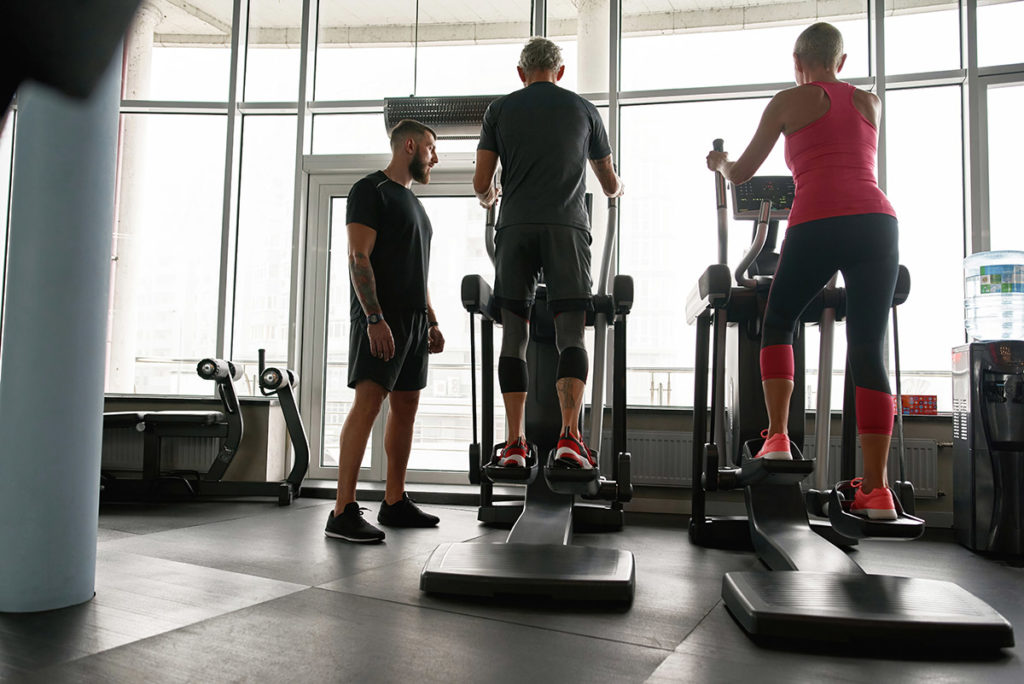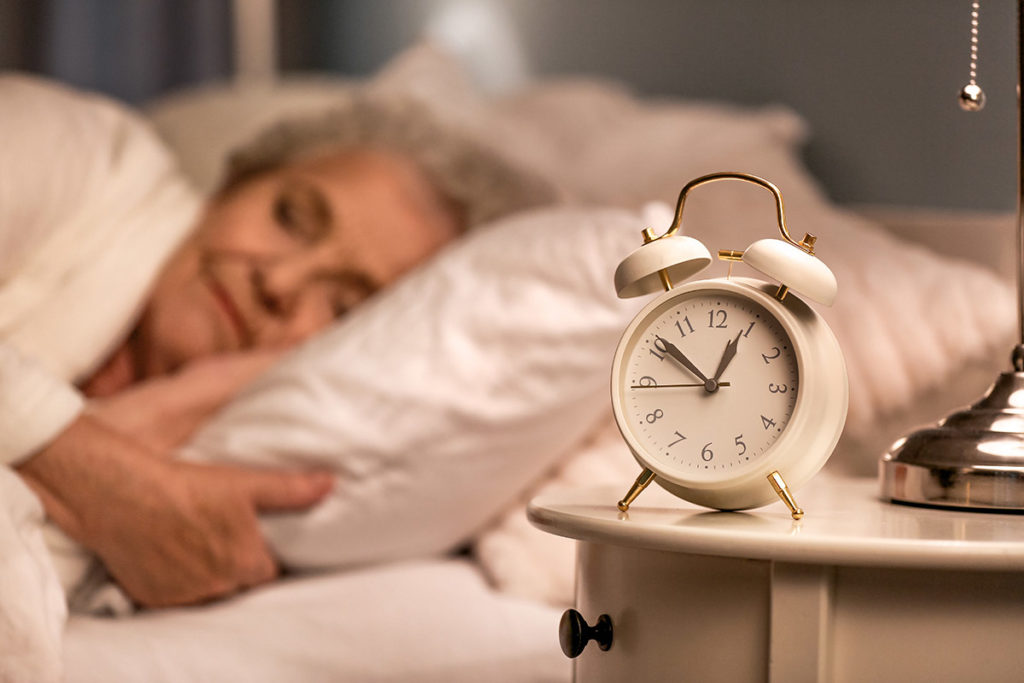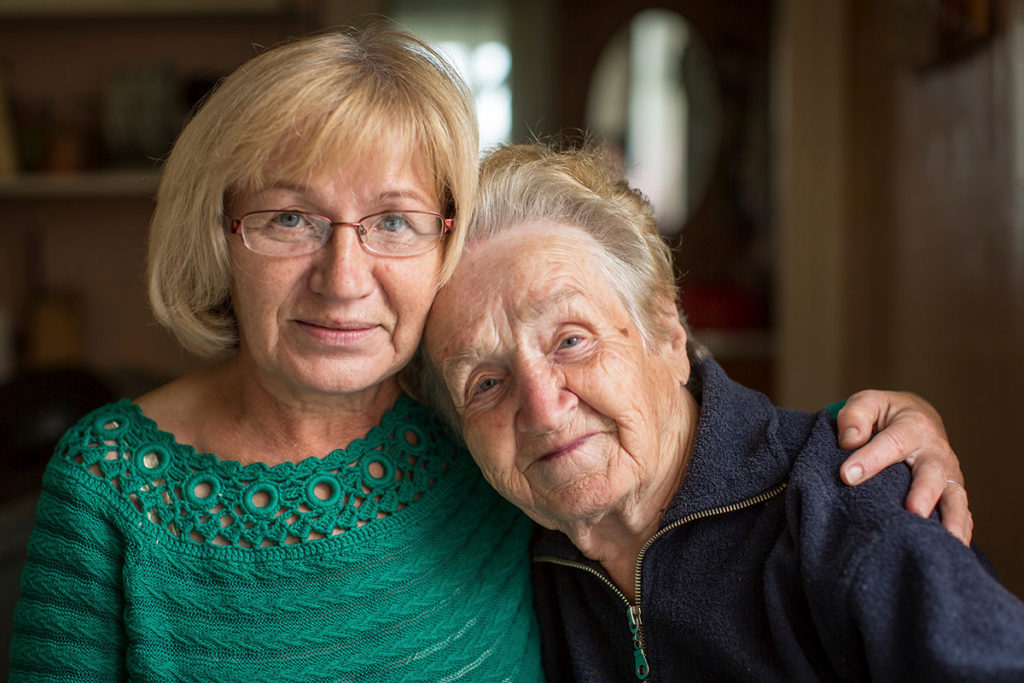How to Prevent Dementia

We all want the magic bullet, the secret pill, or the precise formula that will prevent us from getting certain diseases. Cancer, heart disease, and Alzheimer’s disease—you probably know someone who’s had these, or perhaps you have yourself. We understand how difficult and painful they can be. So, naturally, we want to know how to avoid them or how our loved ones can.
Studies on Alzheimer’s and dementia prevention have significantly increased in recent years. While research once focused more on the disease itself and its effects on the brain and body, researchers are now dedicating more time to studying if and how dementia can be prevented.
While they haven’t discovered a magic bullet, secret pill or formula, they have found evidence that certain interventions can reduce your risk of developing dementia or Alzheimer’s disease.
How can I reduce my risk of getting dementia?
First, it’s important to understand the term dementia. Dementia is not a disease in and of itself but rather a word that describes a group of symptoms related to neurodegeneration, which is a deterioration of cells in the brain.
Symptoms of dementia include memory loss; difficulty with reasoning or judgment; changes in thinking skills, language and behavior, and a decrease in the ability to focus.
Dementia typically comes with aging, but it is not a normal part of aging.
Several conditions can cause dementia, including Alzheimer’s disease, which is the most common type of dementia and, therefore, where most preventative research is focused.
In 2017, a committee from the National Academies of Sciences, Engineering, and Medicine (NASEM) gathered to review the most up-to-date research and data on dementia and cognitive decline to determine what would help prevent cognitive decline, cognitive impairment and clinical Alzheimer’s type dementia.
They describe their findings as “encouraging but inconclusive,” meaning they did determine interventions that could help reduce your risk of dementia. Still, they did not find any interventions that would certainly prevent dementia.
Interventions that could help prevent dementia
The NASEM determined three interventions that showed the most promise for reducing your risk of developing dementia.
1. Cognitive training

Cognitive training includes exercises that challenge your problem-solving, memory, and speed of processing skills. These exercises do not include computer-based brain games, which do not have a link to reduced risk of cognitive decline. These exercises are more complicated and in-depth, requiring medical supervision.
2. Managing high blood pressure

Controlling high blood pressure in midlife is linked to helping prevent dementia later in life. High blood pressure can have adverse effects on the brain and heart and can lead to vascular dementia, the second most common type of dementia that is caused by restricted blood flow to the brain.
You can manage high blood pressure through medication, diet and exercise (We’ll talk more about diet and exercise below.), but early intervention is key. If you wait until you’re older to try and get your blood pressure under control, it’s possible that damage to the brain has already been done.
3. Physical activity

We’ve talked about this one before, but regular, moderate-intensity exercise has a strong connection to reducing your risk of developing dementia.
Physical activity increases blood flow to the brain as well as increasing chemicals that protect the brain. For example, when you exercise, you get a boost of the BDNF protein which helps promote the growth of new neurons in the brain. This is especially helpful for the hippocampus—a part of the brain associated with memory.
The recommended amount of exercise is 150 minutes of moderate aerobic activity per week. That can be walking, jogging, gardening, yoga—whatever you enjoy and can do consistently. As one doctor pointed out, you don’t have to join a gym or do intense strength training to reap the benefits of exercise. By simply doing a little more than you do now—taking the stairs rather than the elevator, walking to the coffee shop rather than driving—you can improve your physical and mental health.
Other lifestyle factors that could help prevent dementia
1. Getting enough sleep

Sleep hygiene is good for the body and mind and getting enough sleep is crucial to your overall health. Therefore, not getting enough sleep is detrimental to your health. Make sure you are getting at least 7 to 8 hours of sleep per night.
If you’re struggling with sleep, talk to your doctor. Another health problem could be causing you to lose much-needed sleep.
2. Reducing alcohol consumption

Consuming too much alcohol can worsen preexisting conditions such as diabetes, memory loss, high blood pressure and mood disorders such as depression and anxiety, which are also linked to dementia.
Reducing your alcohol intake to the recommended amount (two drinks per day for men and one for women) can reduce your risk of dementia.
3. Staying socially connected

Isolation and loneliness have been linked to a higher risk for Alzheimer’s disease. By staying connected to your friends, family or community you can better your mental health and help prevent severe cognitive decline.
4. Eating a healthy diet

Researchers are still determining how strong the link is between diet and dementia. Still, there seems to be evidence that eating a healthy diet, such as the Mediterranean diet that emphasizes fruits, vegetables, whole grains, legumes, fish and healthy fats could be related to a healthier brain. For example, the MIND diet (Mediterranean-Intervention for Neurodegenerative Delay) focuses on plant-based foods and has been shown to lower blood pressure, which is a risk factor for Alzheimer’s.
We know that eating a healthy diet is directly connected to factors that can increase your risk for Alzheimer’s such as diabetes, obesity and heart disease, so the stronger connection between diet and dementia may be that a healthy diet helps prevent diseases that can then lead to severe cognitive decline.
5. Caring for your mental health

Depression has been linked to Alzheimer’s. Whether or not depression can cause Alzheimer’s is unknown, but researchers speculate that depression could cause changes to the brain in some people that put them at higher risk for developing Alzheimer’s. Early intervention and treatment for depression or other mood disorders could help prevent dementia, but more research is needed to determine this.
6. Quitting smoking

Tobacco use puts you at higher risk for stroke, heart attack and lung disease. Quitting smoking at any age can help reduce your risk of developing diseases that are linked to Alzheimer’s.
While there is no sure-fire way to prevent dementia, research is encouraging in this area, pointing to several lifestyle changes you can easily make that could curb the risk of developing dementia or Alzheimer’s.
To learn more about research findings on dementia prevention, read the NASEM’s full report here.





